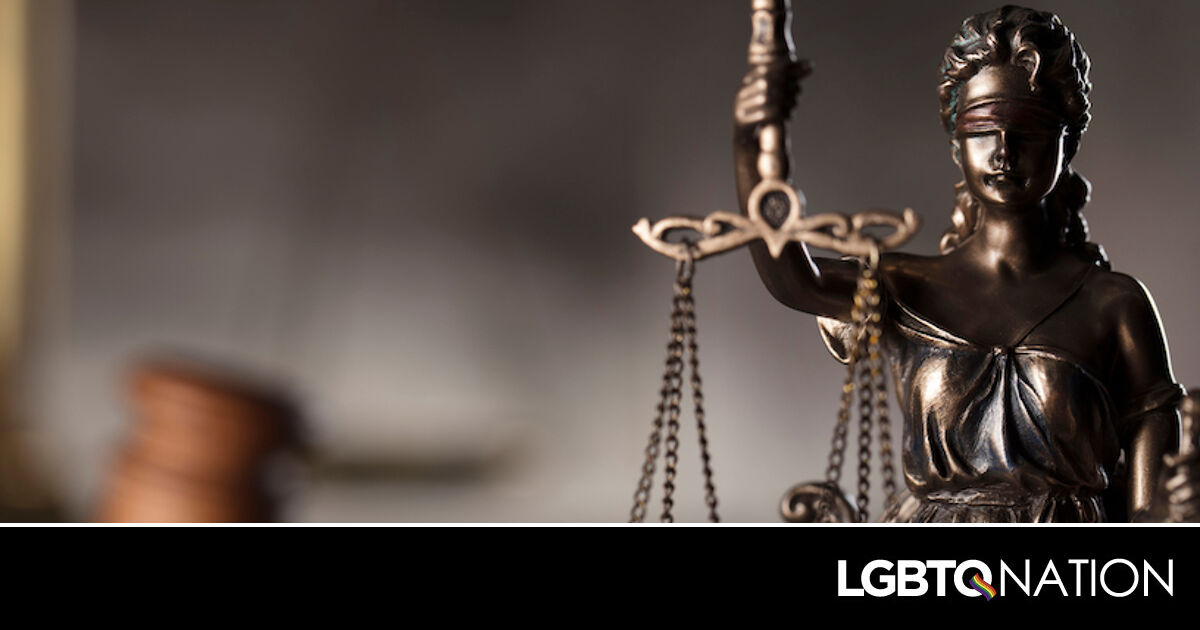
Two transgender women have filed a class-action petition against Montana and a number of state agencies for the government’s policy that forbids people from altering the sex markers on their birth certificates. According to the plaintiffs in the lawsuit, the inability to change this information exposes transgender individuals to discrimination and harassment.
The lawsuit challenges the Department of Public Health and Human Services’ (DPHHS) rule from 2022, which states that the department would only change a person’s gender on birth certificates if their sex was misidentified or incorrectly recorded. DPHHS authorities said they would never change birth certificate sex markers based on “gender transition, gender identity, or change of sex.”
The DPHHS stated in February 2024 that any changes to birth certificates may be subject to Senate Bill 458’s rules. The act declares, “In human beings, there are exactly two sexes, male and female… The sexes are determined by the biological and genetic evidence of male and female without reference to an individual’s psychological, behavioral, social, or chosen or personal experience of gender.”
According to the petition, “These two interwoven procedures have incorporated biased conceptual principles into Montana law.” “SB 458 is scientifically incorrect and improperly seeks to control the meaning of sex without legal, medical, or scientific explanation… Sex consists of a complex set of biological, psychological, and social factors, including but not limited to the psychological or personal experience of gender.”
Previously, Senate Bill 280 mandated that those wanting to change the sex on their birth certificates provide evidence that the sex had been “changed by surgical procedure.” A state district court ruled against SB 280 on April 21, 2022, and ordered DPHHS to reinstate its previous procedures, which made it easier for trans people to change birth certificates, but DPHHS ignored the court order.
Additionally, the plaintiffs accused the state’s Department of Justice and Attorney General Austin Knudsen of implementing a new law at the state’s Motor Vehicle Division (MVD) that revoked a previous policy that allowed trans people to change the gender marker on their state-issued identification cards and driver’s licenses if they had a letter from a doctor stating that the person was in, or had finished, the process of changing their sex.
Knudsen and the state DOJ changed the MVD’s policy earlier this year to only allow gender changes on birth certificates that show the person’s gender. Since the state no longer permits trans people to alter their birth certificates, trans individuals are now required to carry ID cards that accurately reflect the gender they were assigned at birth, a feature that frequently misaligns with their gender identity and expression.
Changing the gender on a birth certificate is the first step to changing gender markers on a person’s government-issued ID documents, including driver’s licenses and passports. If a person’s gender marker doesn’t match their gender identity, it effectively outs a person as trans. This exposure can lead to harassment and violence, as well as difficulty gaining access to various services.
The plaintiffs have requested an injunction against the aforementioned policies. The two plaintiffs assert that they represent “all transgender people born in Montana who currently want, or who will want” the change to the sex designation on their identity documents. They are represented by the American Civil Liberties Union (ACLU), the ACLU of Montana, and the law firm Nixon Peabody LLP, The Hill reported.
“I’m frustrated that my birth state, Montana, is forbidding me to carry around a birth certificate that incorrectly lists my sex as male,” plaintiff Jessica Kalarchik, a U.S. citizen and Army veteran, said in a statement. “When I need to present a birth certificate, I am forced to use one that is inaccurate and exposes me to harassment and discrimination.”
“I live my life openly as a woman,” Kalarchik added. “There is no reason I should be forced to carry a birth certificate that incorrectly identifies me as male because I am treated like a woman in my daily life.”
An estimated 3,400 transgender individuals above the age of 13 live in Montana, the lawsuit claims.




